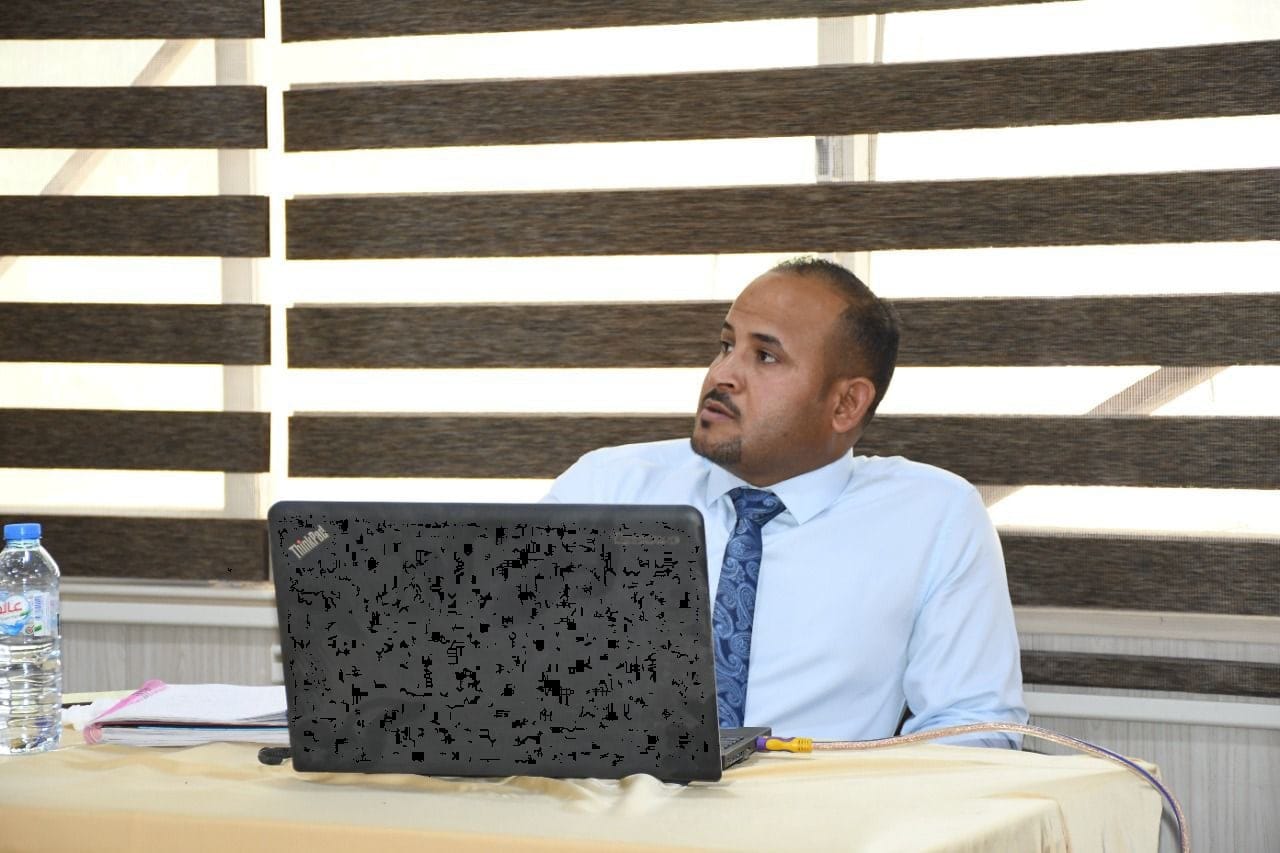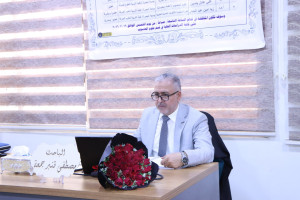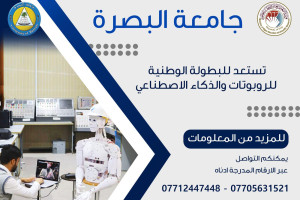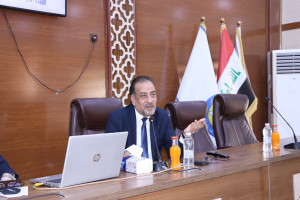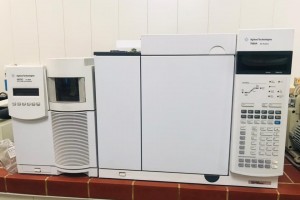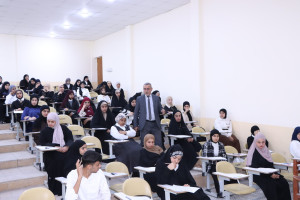
The College of Education for Pure Sciences, Department of Physics, organized a scientific lecture on environmental radiological rationing for schools and hospitals in Diwaniyah Governorate using the thermoluminescence technique.
The lecture presented by the researcher (Assaad Sayah Hassan), the research consists of two parts, the first part is a study of the thermal fluorescence properties of dyspressium-doped calcium fluoride (CaF2:Dy) capacitors, and the second part is the use of these crystals in environmental radiological rationing for schools and hospitals in Al-Diwaniyah Governorate.
Before using the inductors to measure radiation doses, they must be heat treated to erase the effects of previous irradiation processes. And it needs precise heat treatments at high temperatures, followed by treatments with low temperatures.
The method of heat treatment was used for an hour at a temperature of 400 0C and for two hours at a temperature of 100 0C. Then the characteristics of the thermoluminescence technology were studied in terms of reader stability, as 10 readings were recorded daily for the reference light source throughout the research period for the purpose of verifying the stability of the reader, and then the zero dose reading was measured. Thermal treatments for all densifiers are placed in the thermofluorescence reader one by one and their reading (zero dose) is recorded, and then the sensitivity of the densifiers (Dosimeters Sensitivity) was calculated, as 25 densifiers were taken and heat treatment was performed before irradiation, then they were exposed to a dose of 100mrad. Thermal fluorescence of the ratings and then we found the relative sensitivity of each rating,
Implanting the ampoules after the stability of the reader was confirmed and the thermal fluorescence properties of calcium fluoride crystals dotted with dyspermium were studied. It was found that the crystals have a close sensitivity and a small zero dose, and that the dose-response relationship is a linear response, that is, studying the factors affecting the results of thermofluorescence measurement and ensuring their suitability for environmental radiological regulation. Diwaniyah Governorate Hospitals. The implants were planted in the specified sites and awaiting the results.
Aim of the study
Measuring the level of gamma rays for schools and hospitals in Al-Diwaniyah Governorate to ensure their safety from radioactive pollutants.
